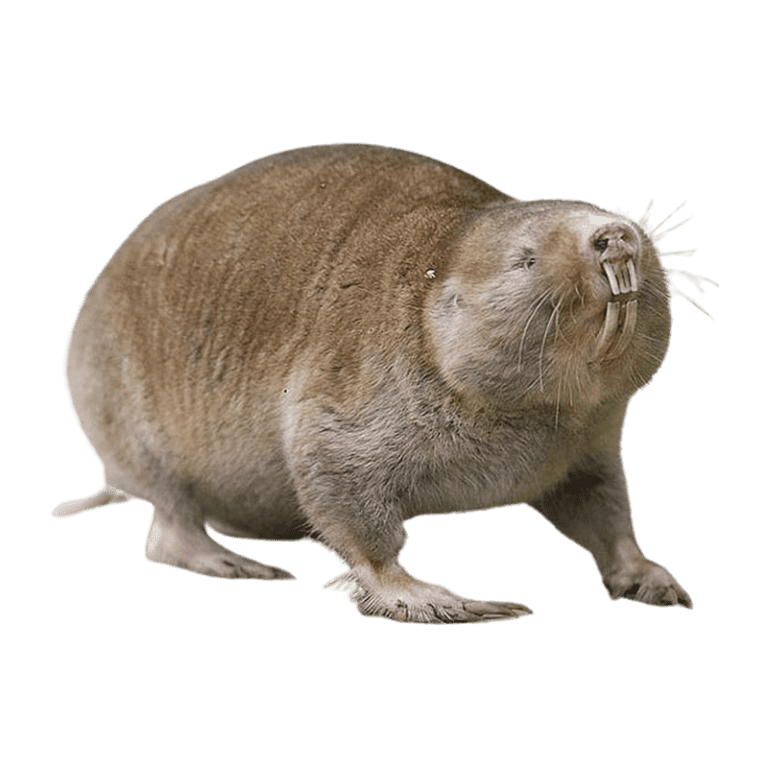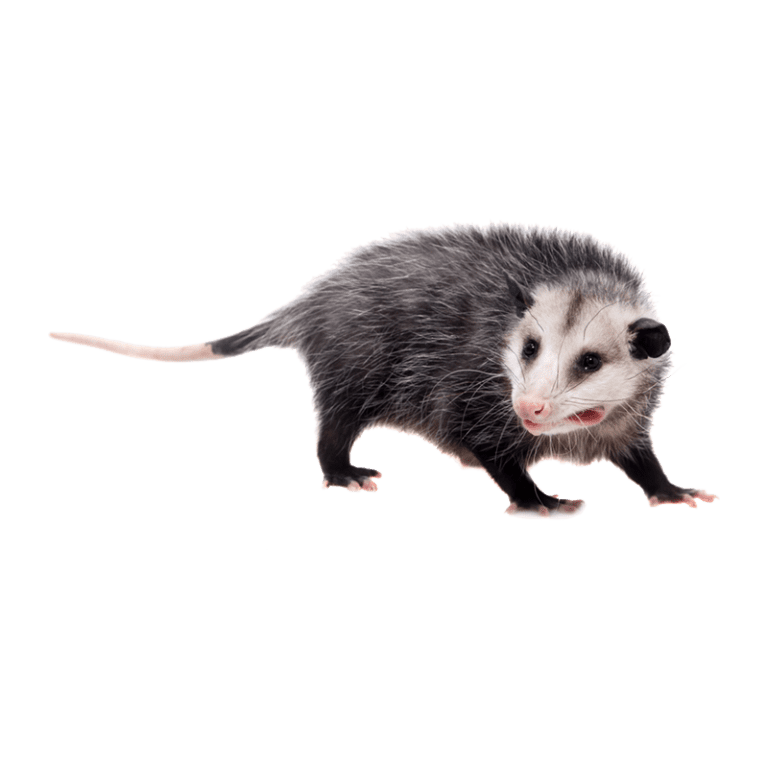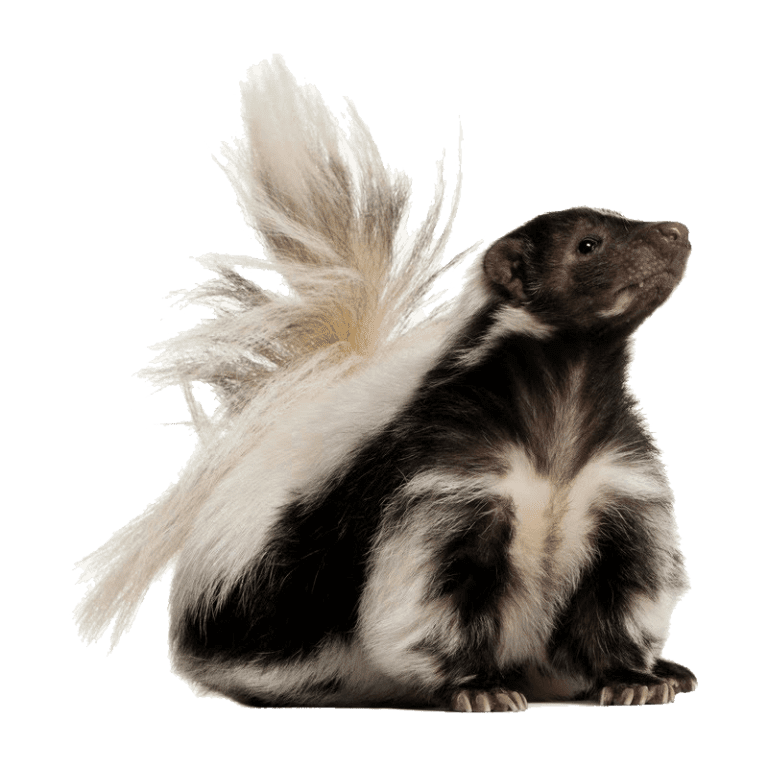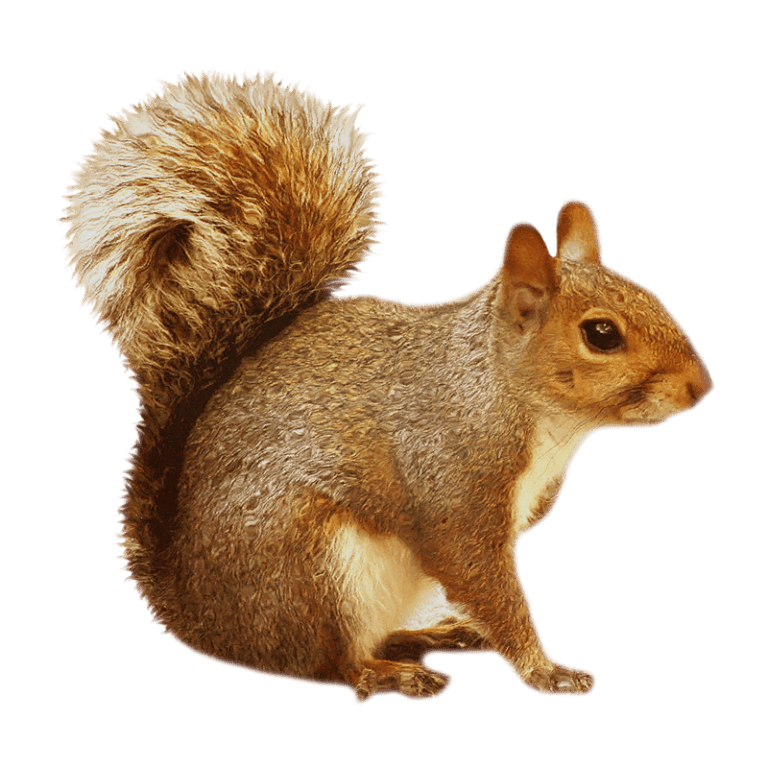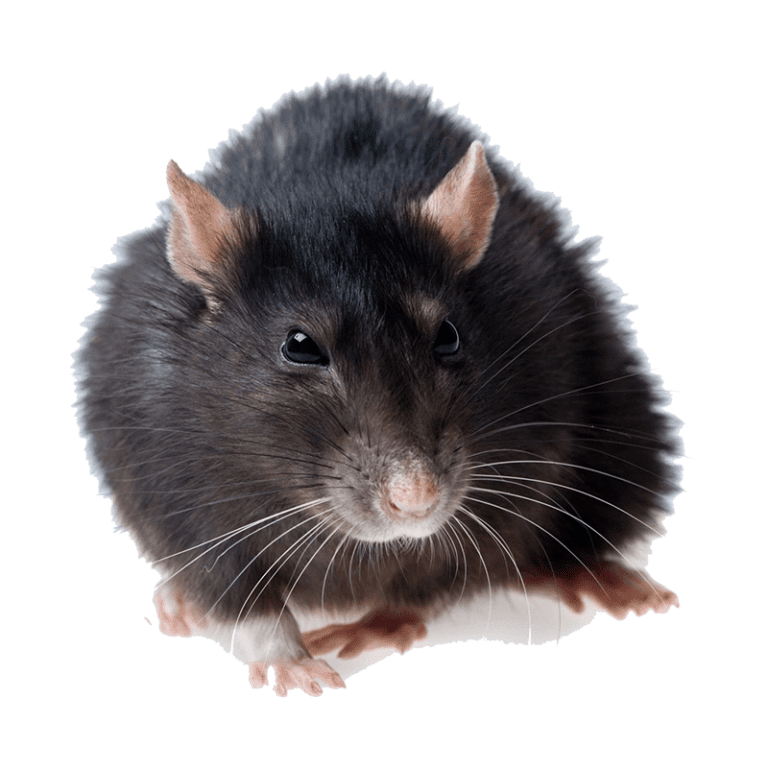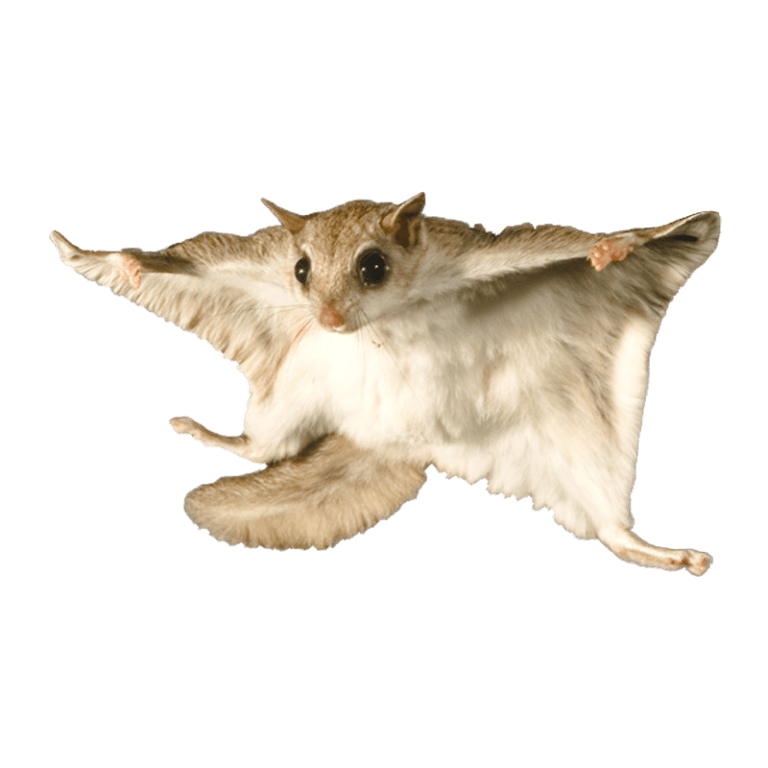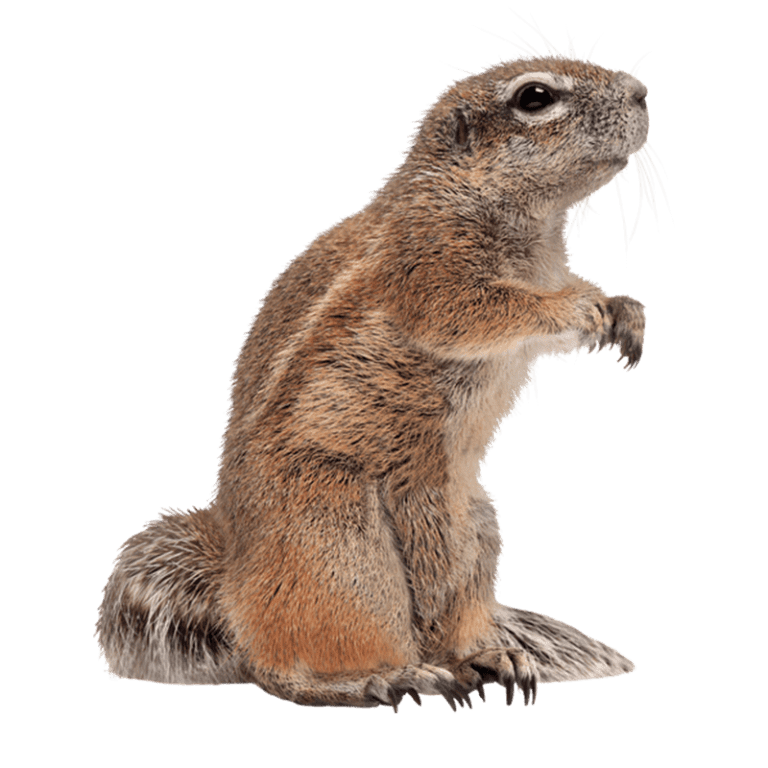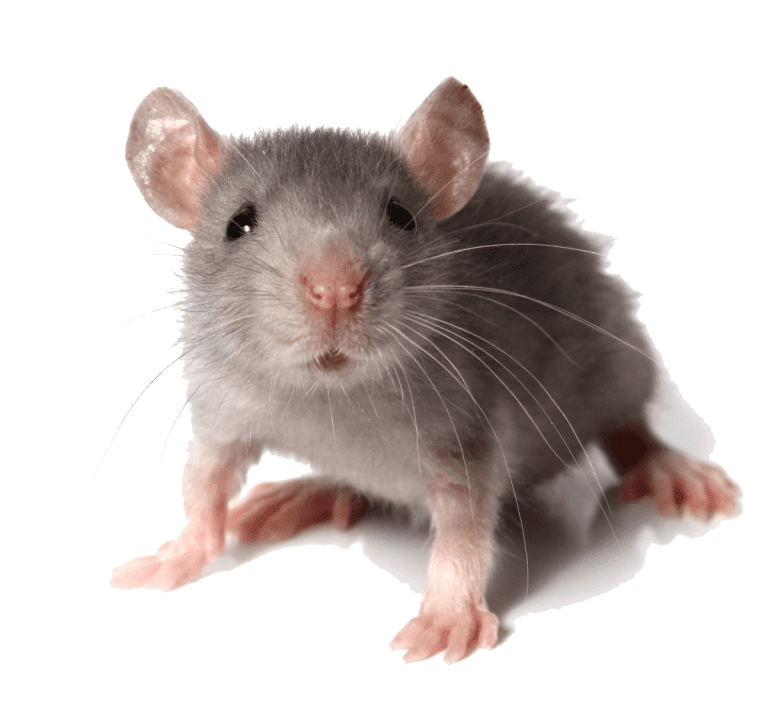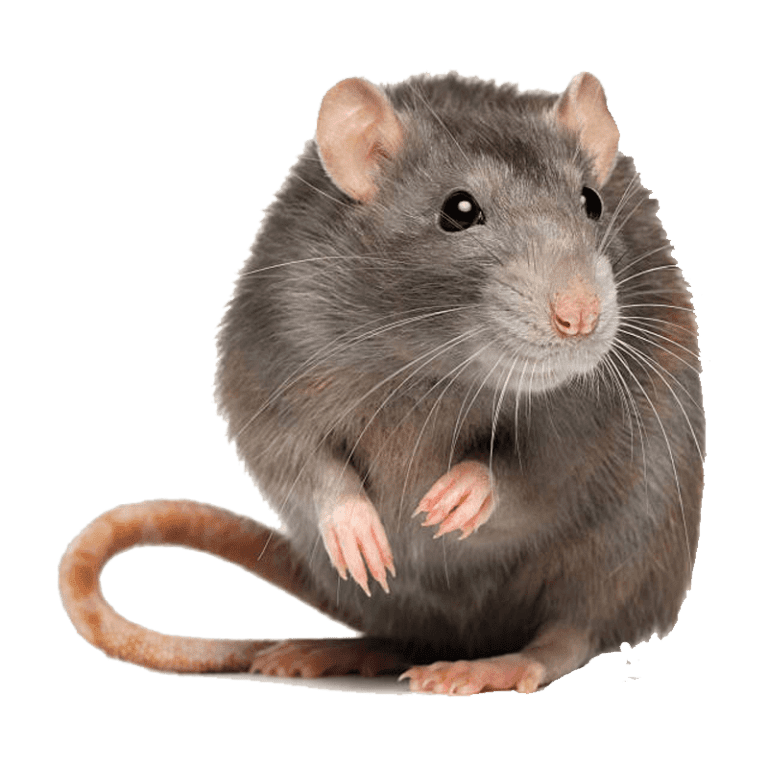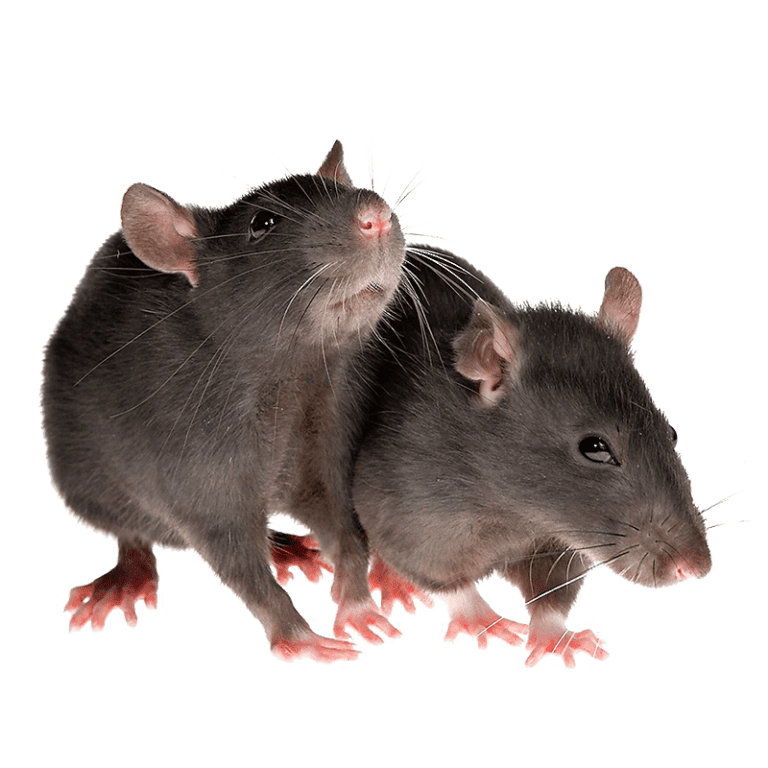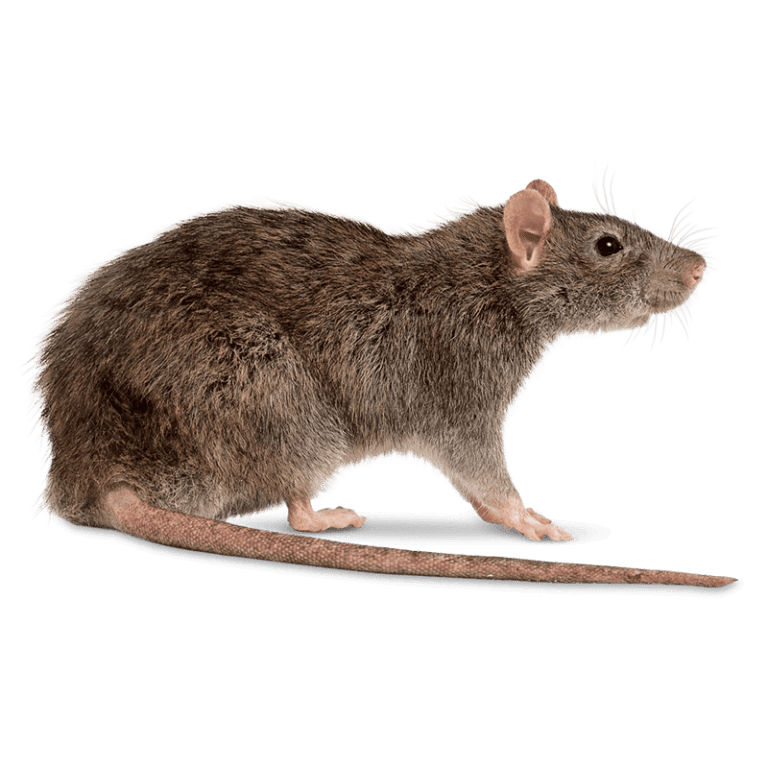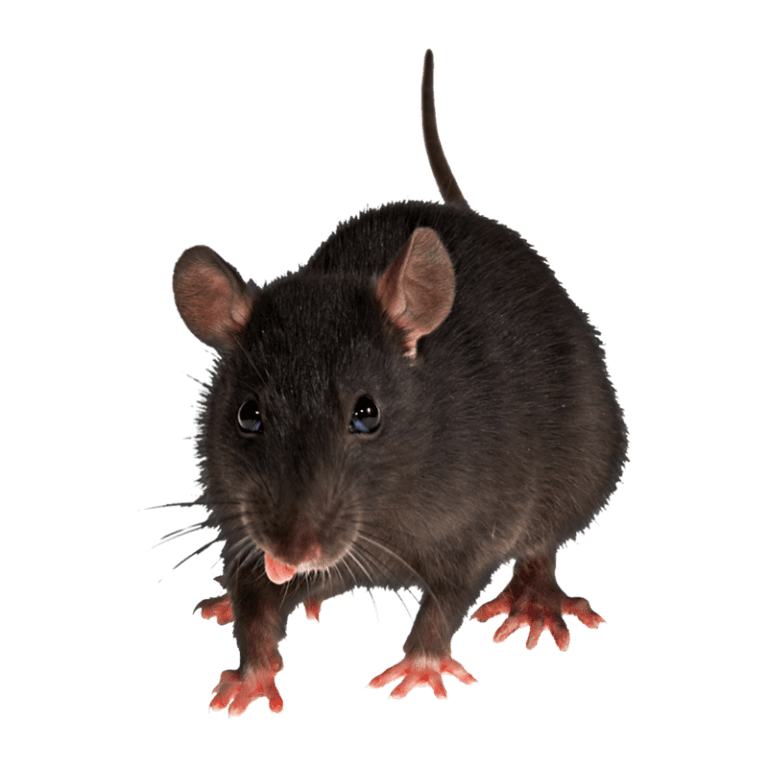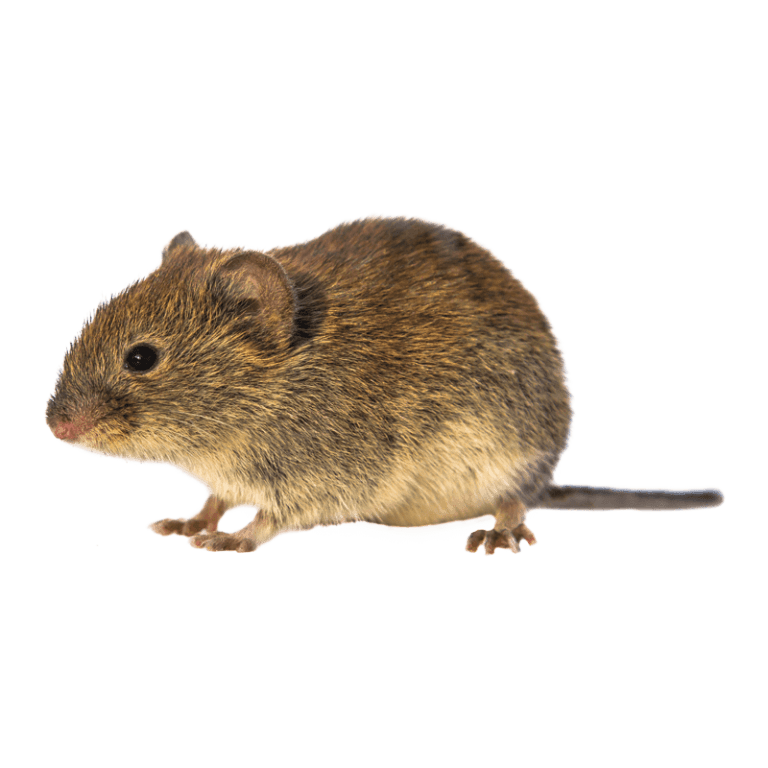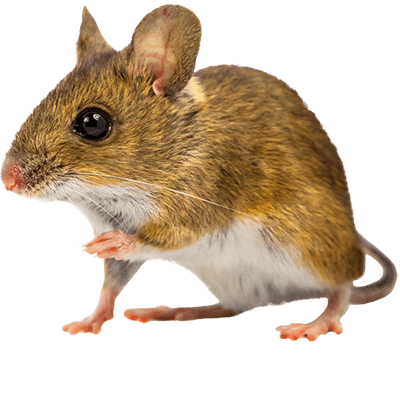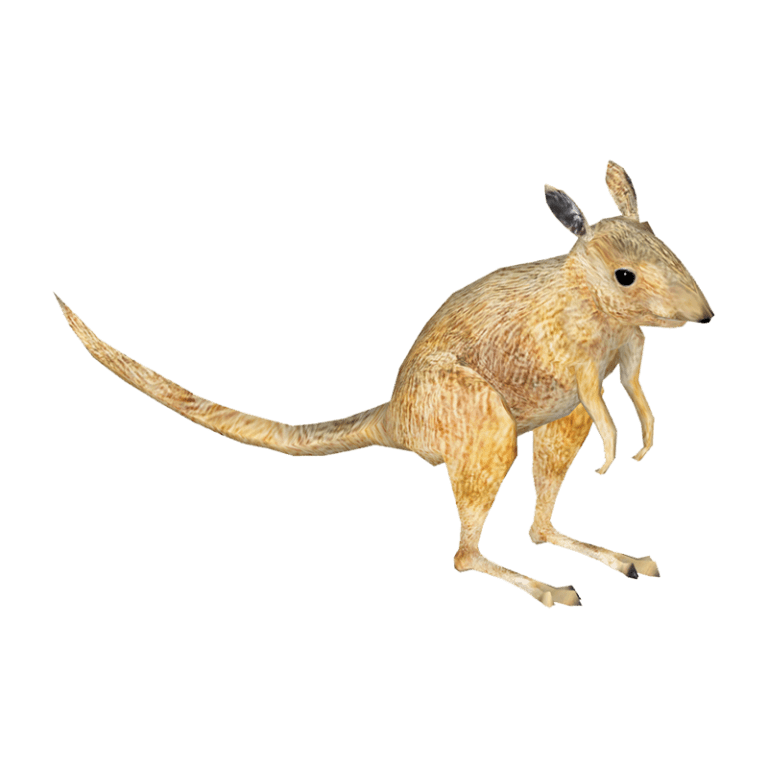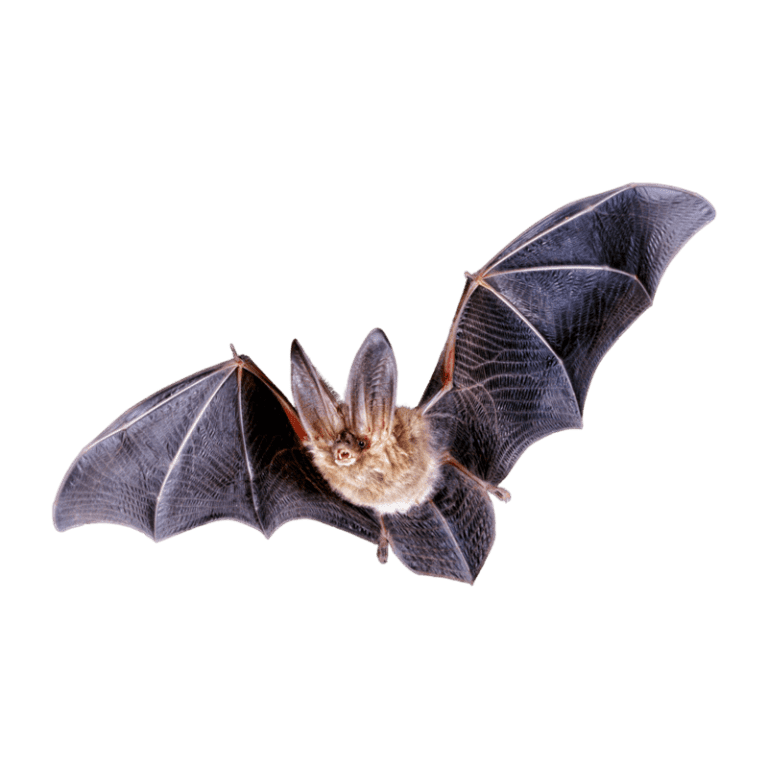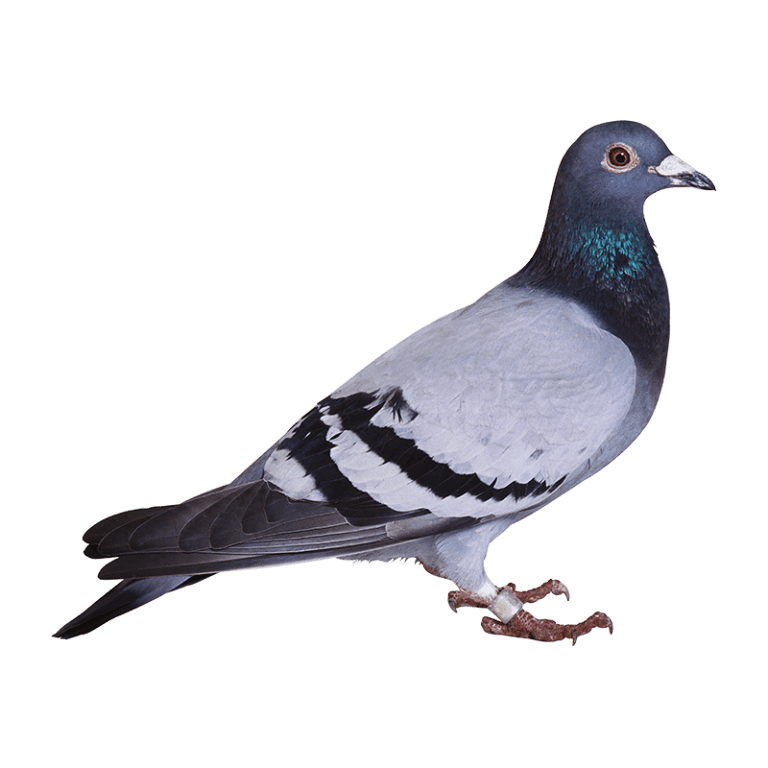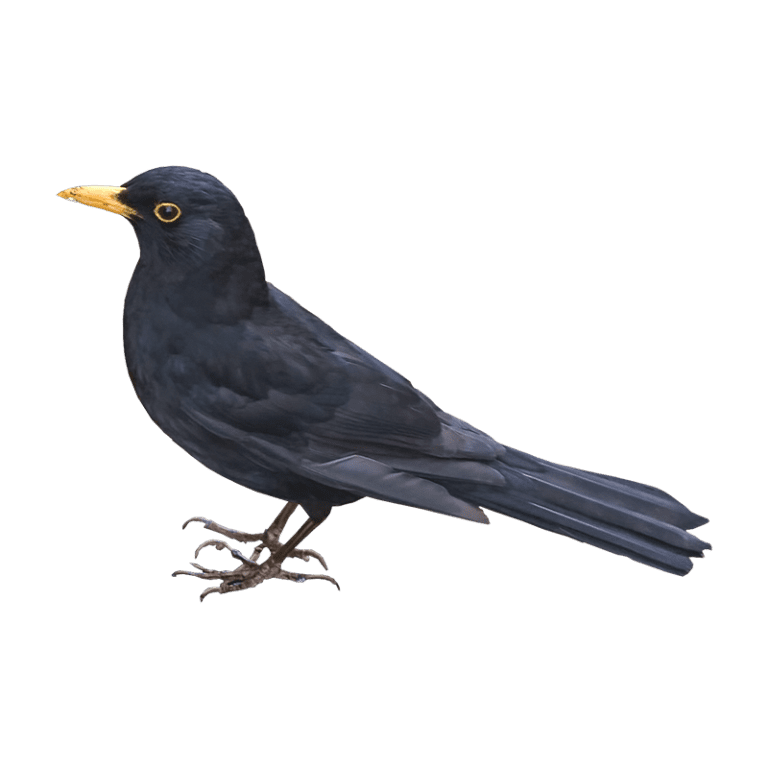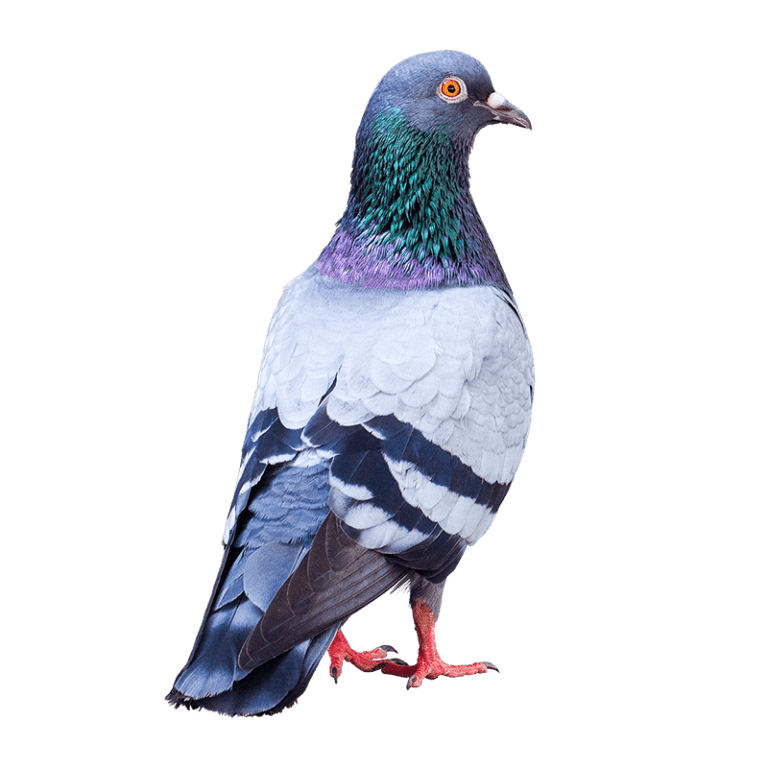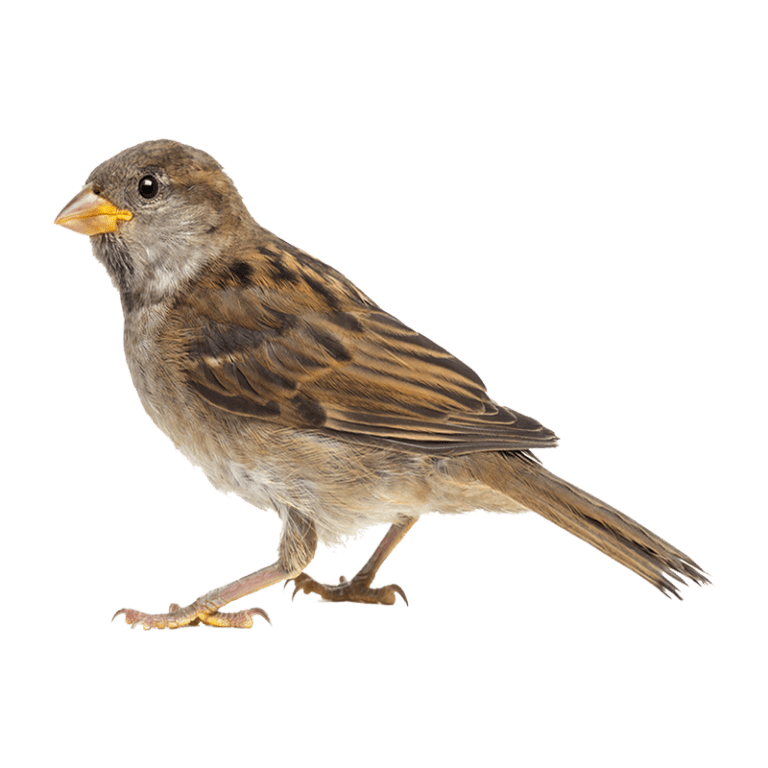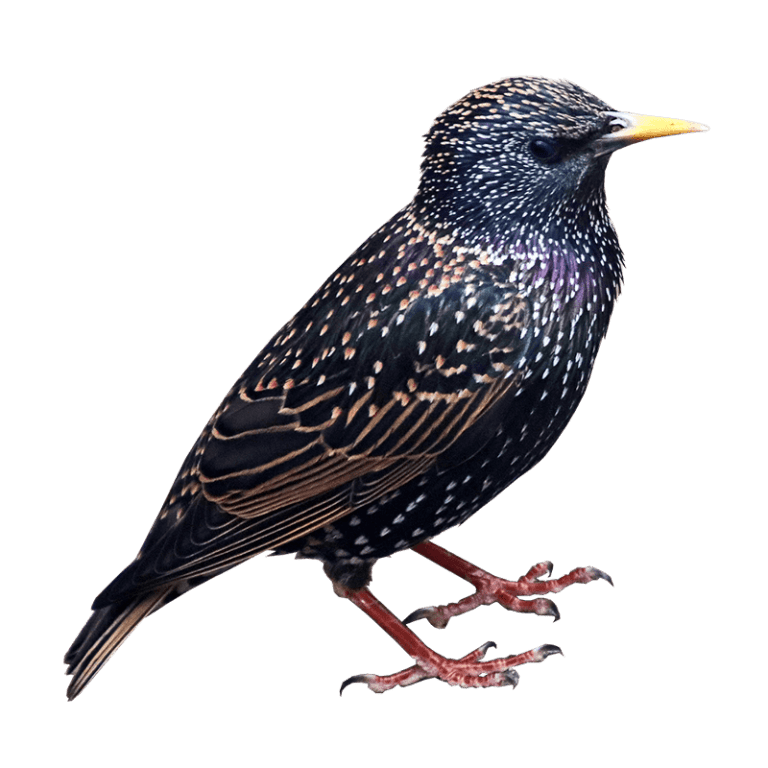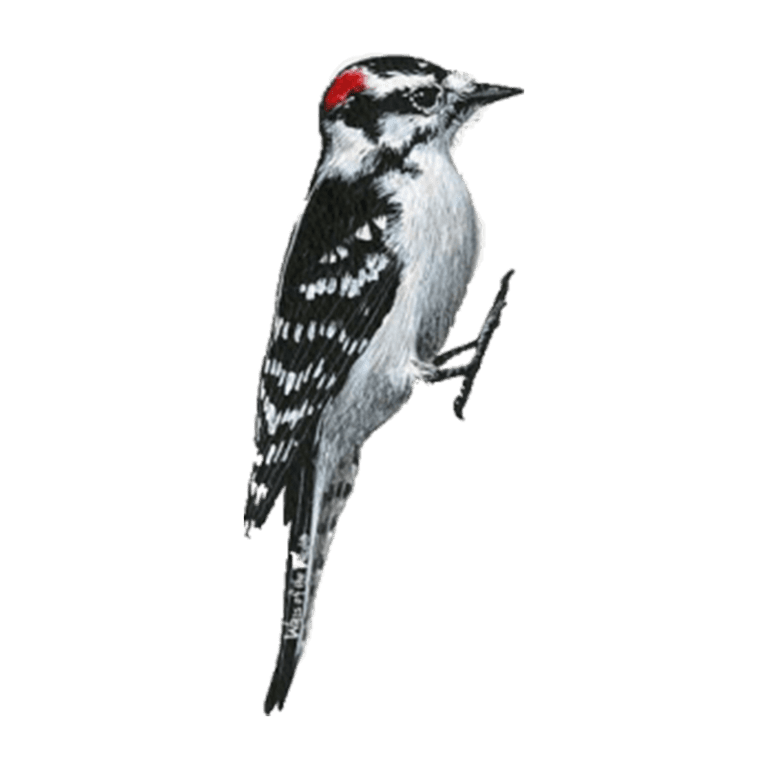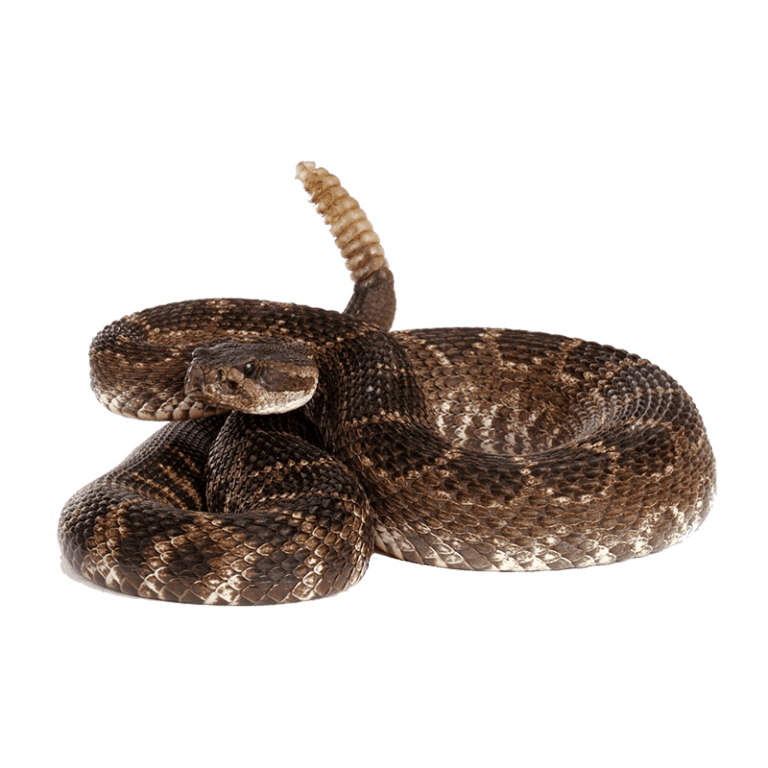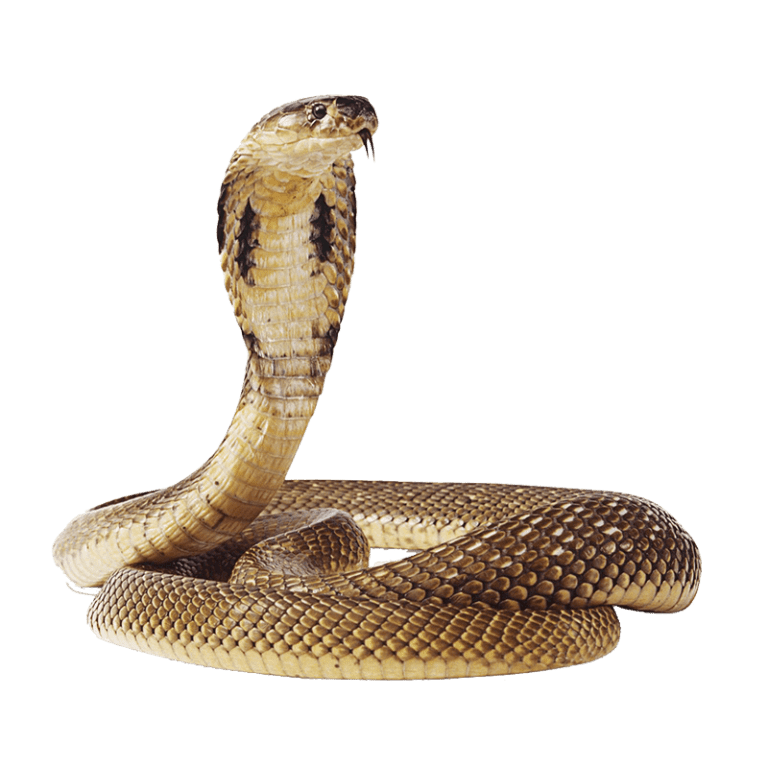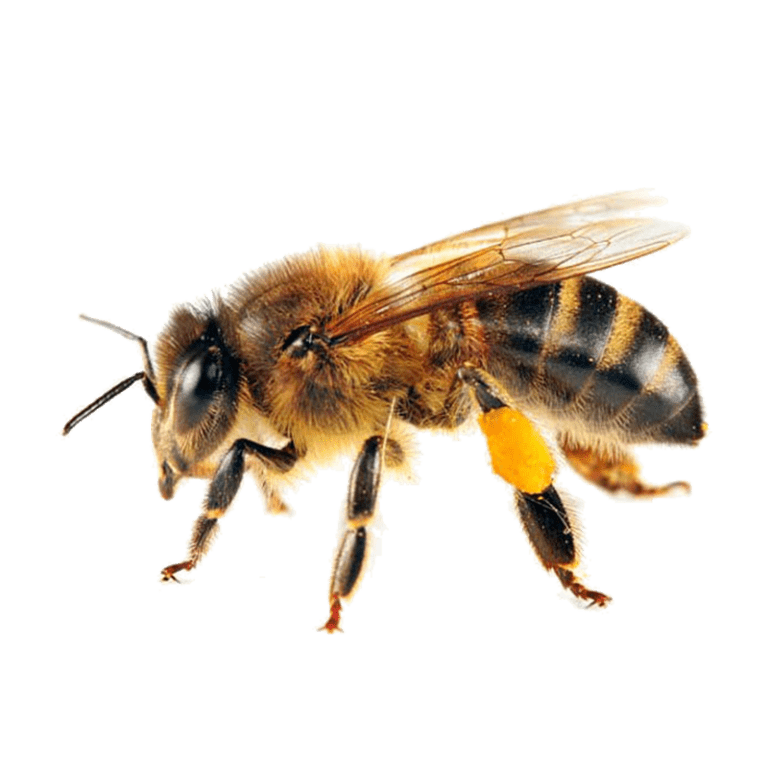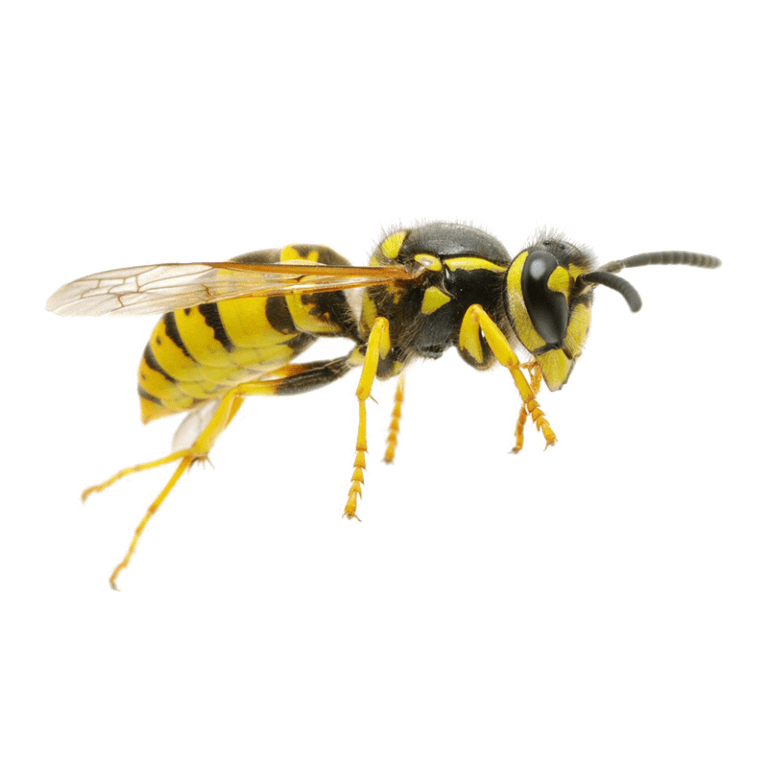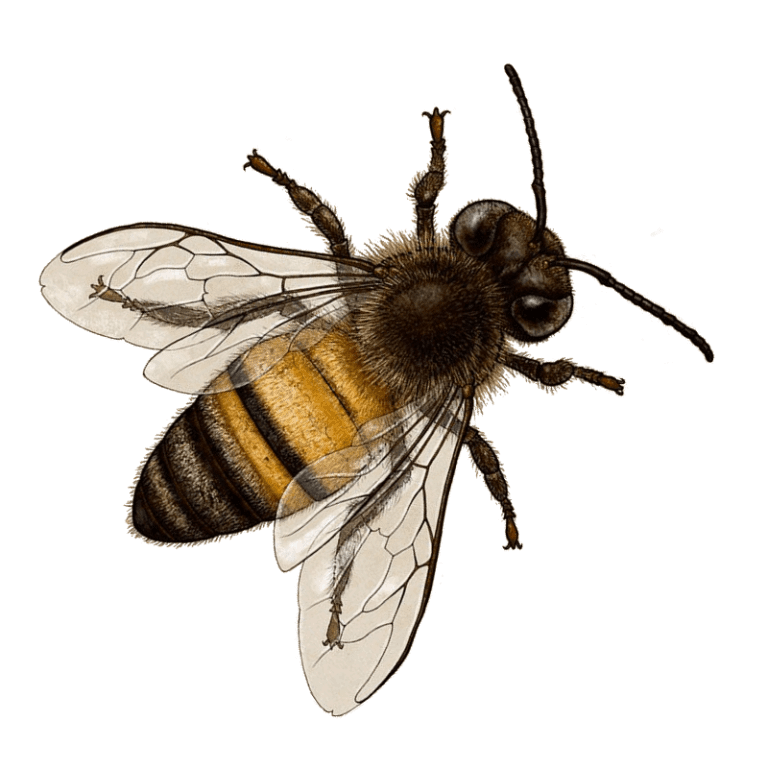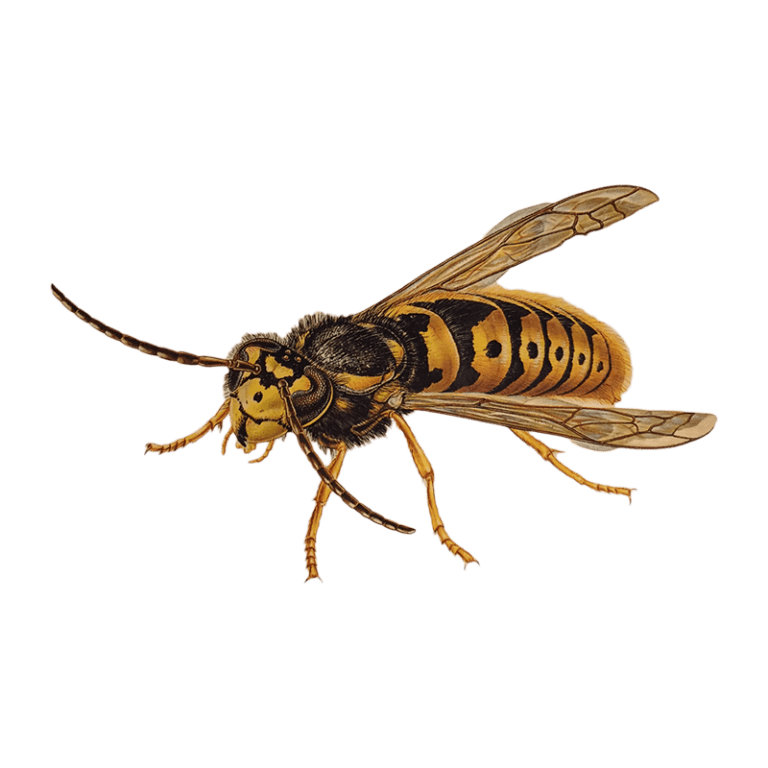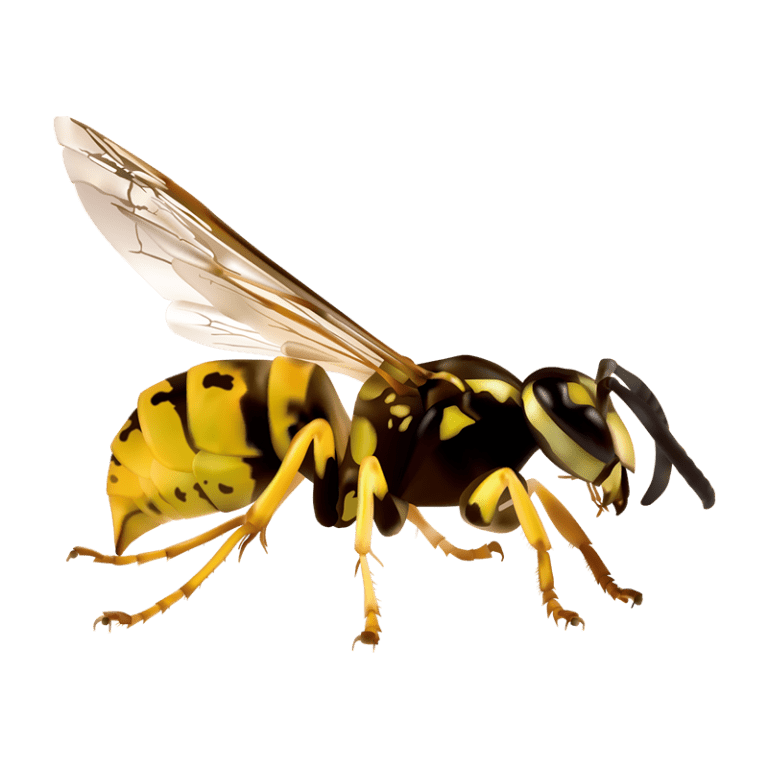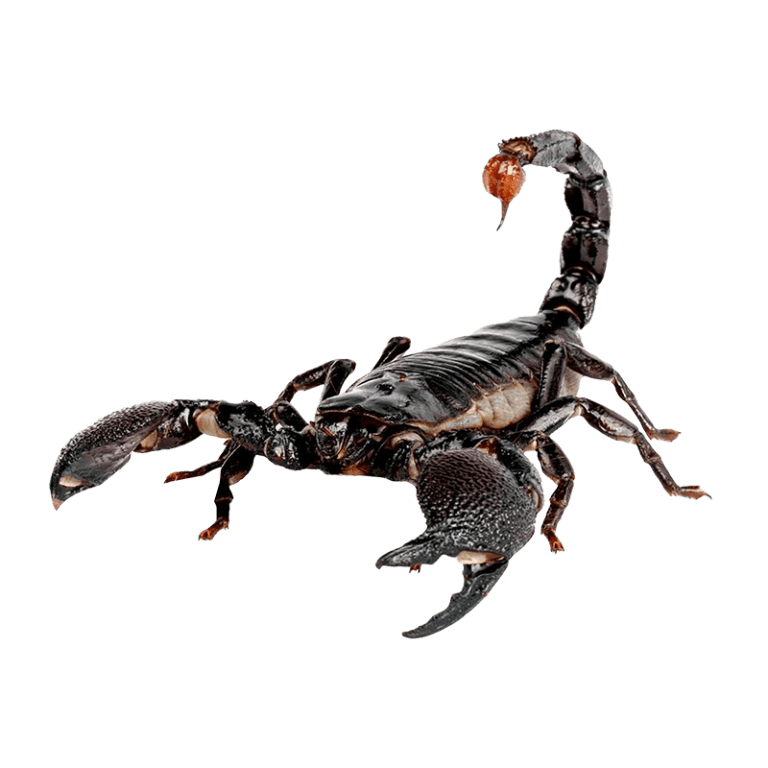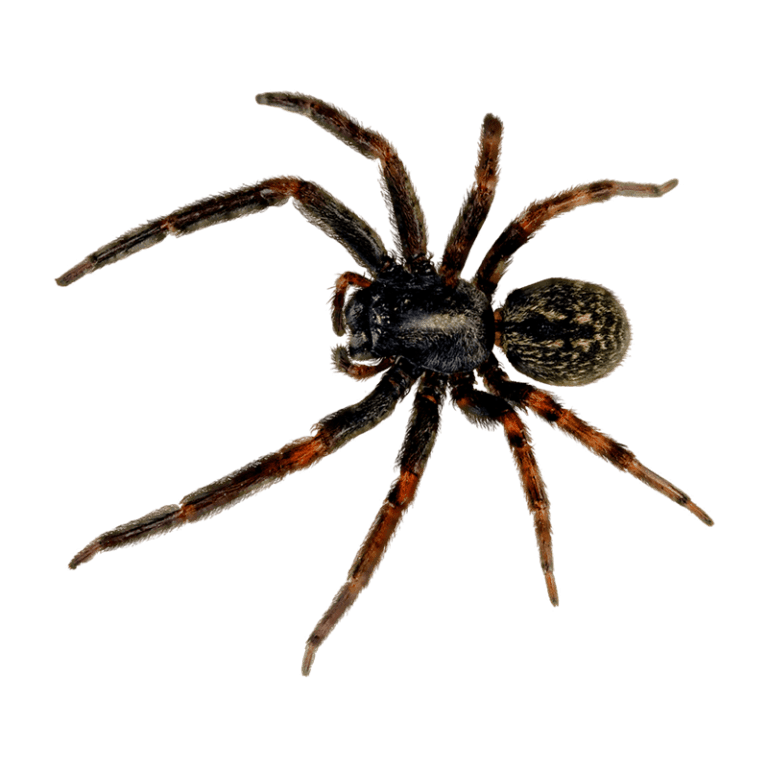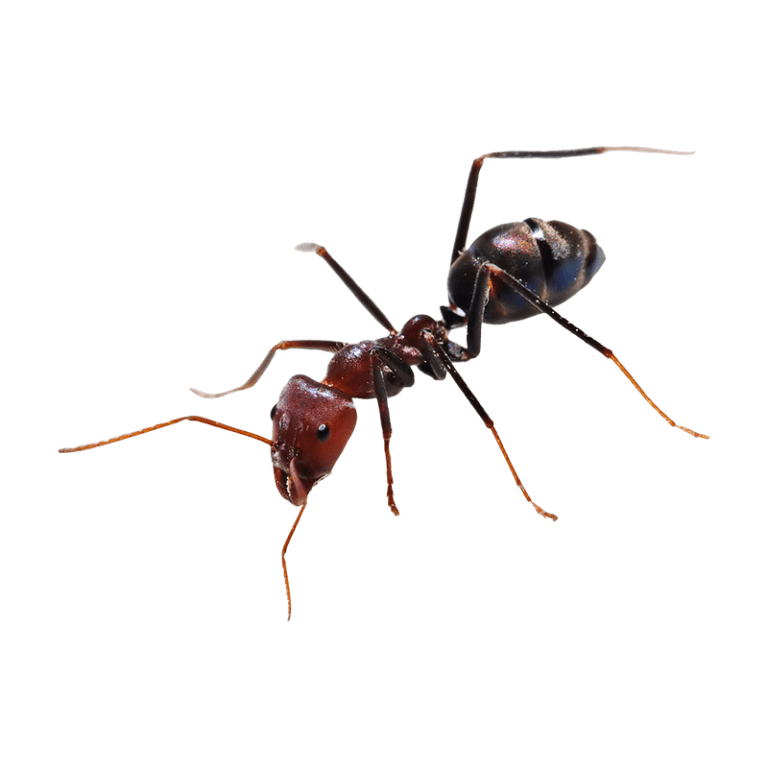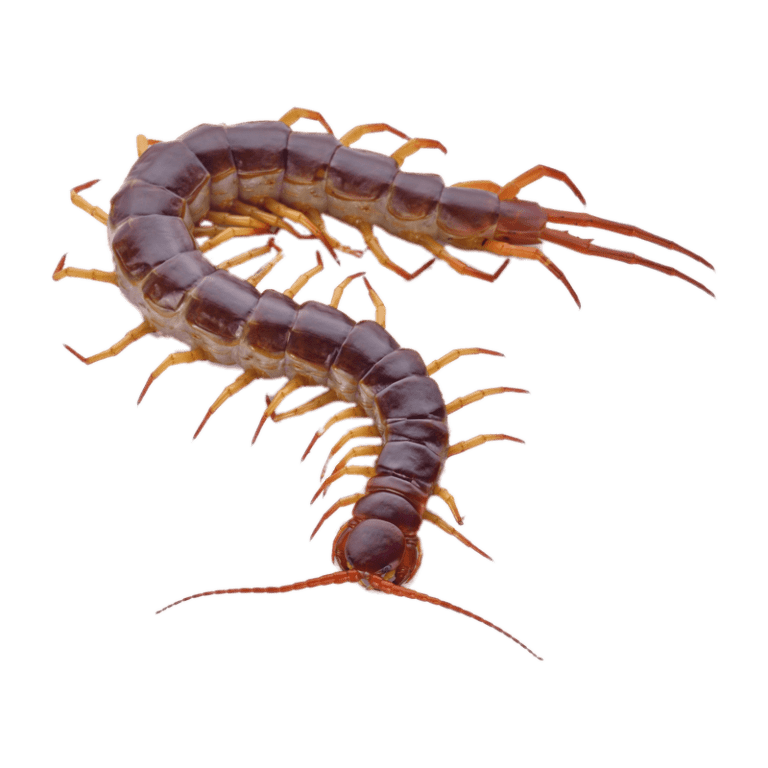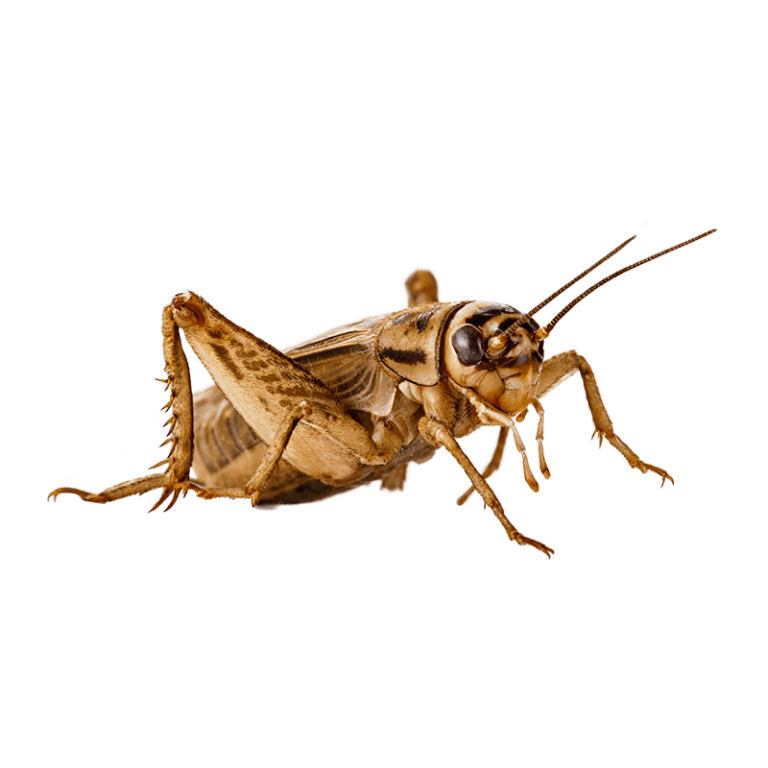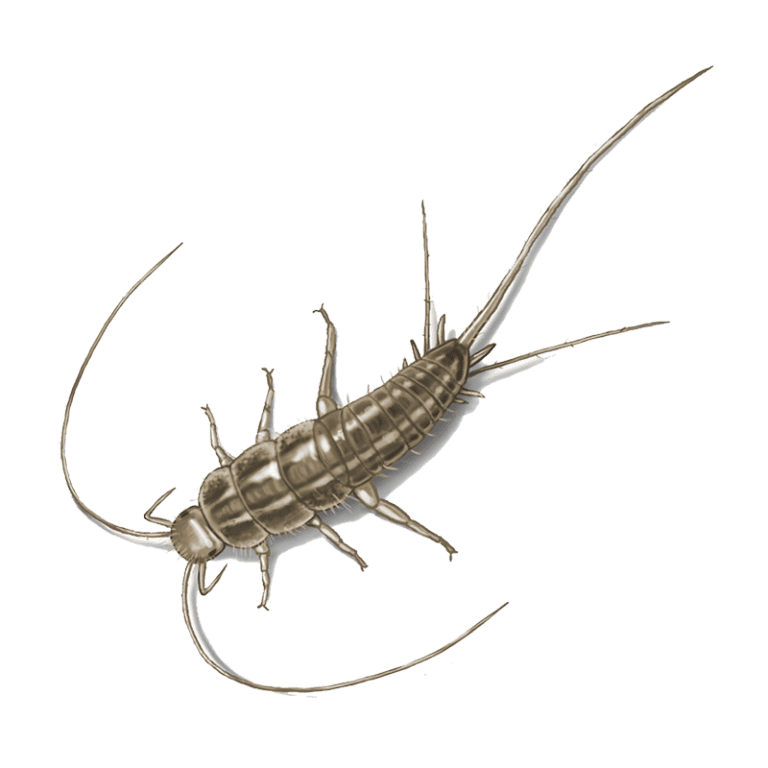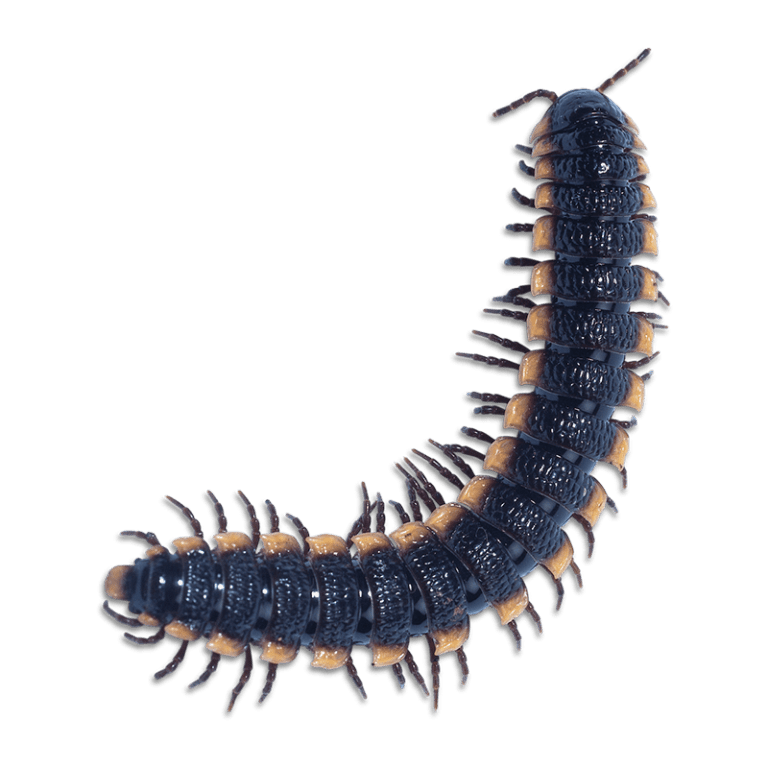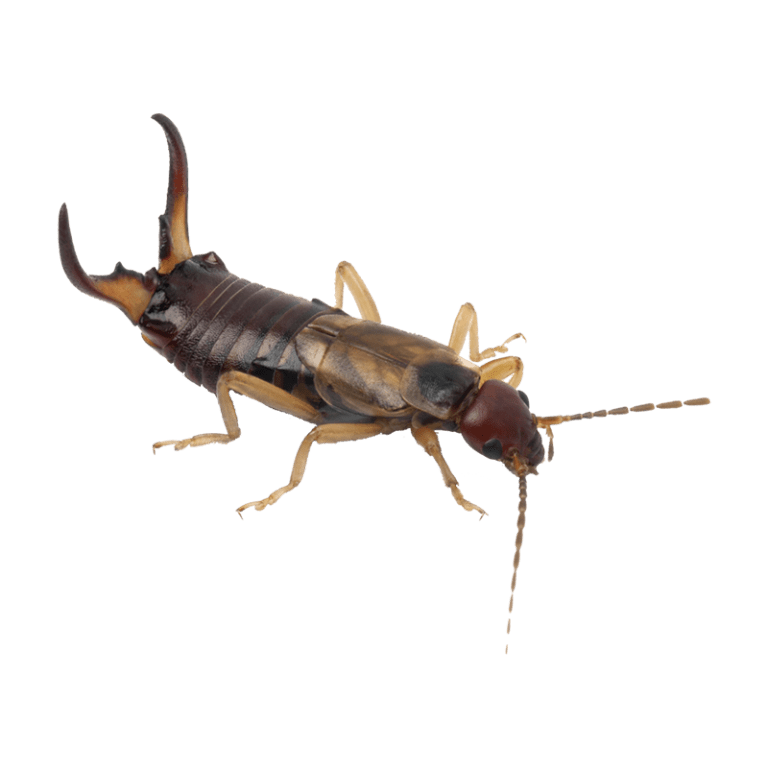Raccoon Removal
The population of raccoons throughout the United States is on the rise(Opens in a new window), which indicates more raccoons will be looking for shelter in homes or businesses. Naturally, raccoons den in existing shelters like hollow trees, ground burrows, and muskrat houses, but with habitat loss, spaces like attics, crawlspaces, and chimneys are becoming more prevalent. These clever creatures are excellent climbers and intelligent problem solvers, making raccoon removal a daunting task for a property owner.
How to Get Rid of Raccoons
Best Pest and Wildlife Control specializes in raccoon removal. In order to remove and control a raccoon or family of raccoons on your property, our wildlife specialist will perform a thorough inspection to ascertain the severity of the raccoon infestation. After the inspection, they will build a custom solution to trap, remove, and seal all entry points. They will also provide warranty options as well as an estimate for preventative services.
Raccoon Inspection
The Wildlife Service Technician will look for signs such as footprints on, in, or around your home, large openings leading to the attic or crawl space, and racccoon poop.
Raccoon Trapping & Removing
Live trapping is the most effective and humane way to remove a raccoon. Direct capture is not commonly used because raccoons are a rabies vector species. If legal, a healthy trapped raccoon will be relocated with written permission. When babies are removed from an attic, our wildlife specialists seek help from a local wildlife rehabilitation center.
Exclusion and Habitat Modification
Preventative exclusion services are the most effective means to prevent a raccoon from entering your home. After raccoon removal, it is imperative to seal all entry points to prevent future entry. Ensuring you don’t create a home for raccoons outside your property will also help prevent attracting raccoons. However, habitat modification will become very important for prevention after dealing with a raccoon invasion. Frightening devices only temporarily work, and there are no toxicants regulated for raccoons.


